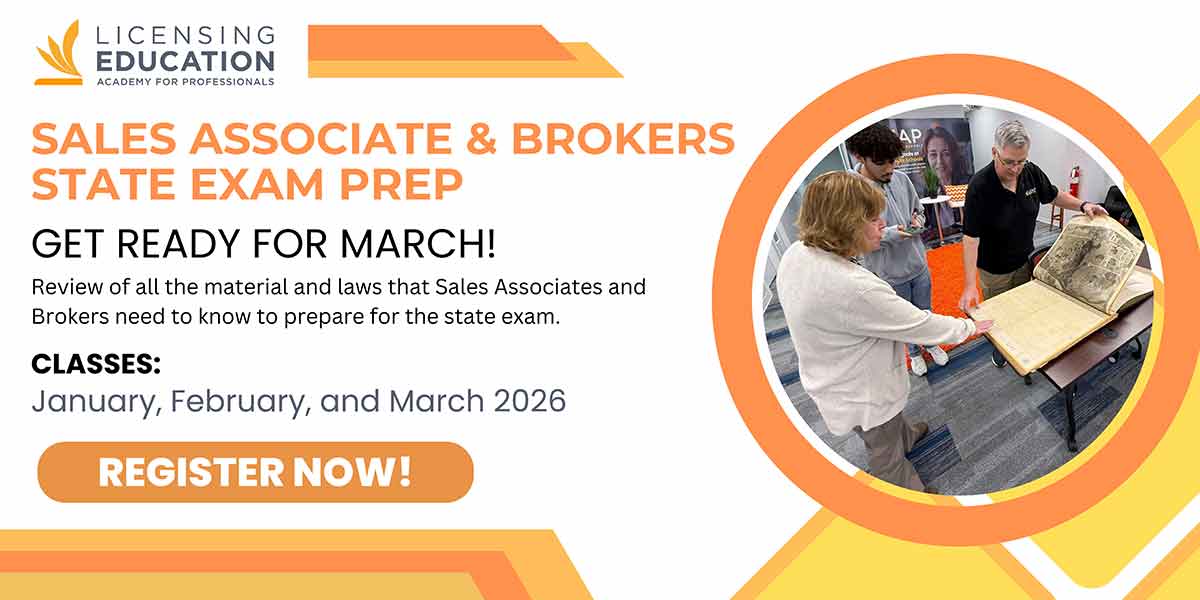The real estate business is a dynamic and rewarding industry. A field where strategic thinking, market knowledge, and people skills can lead to real estate success.
But how do you navigate this complex landscape? How do you turn opportunities into profitable ventures?
In this guide, we’ll explore top strategies for real estate success. We will visit local markets in Orlando, FL. We will learn how to find real estate businesses for sale that are profitable.
We’ll also discuss the importance of professional branding, including creating compelling real estate investor business cards. Plus, we’ll highlight the value of continuous learning through programs like the LEAP Academy.
Whether you’re new to real estate or a seasoned pro, this guide provides helpful tips to succeed in the industry.
Understanding the Orlando, FL Real Estate Market
Orlando, FL, is a vibrant real estate market. A hub of tourism, business, and residential growth exists.
Understanding this market requires a deep dive into local trends. Knowing the neighborhoods, the property values, and the demand drivers is essential.
You need to keep an eye on economic indicators. Things like job growth, population trends, and tourism statistics can impact the market.
In essence, success in the Orlando real estate business is about staying informed. Leveraging local knowledge helps make strategic decisions.
Identifying Profitable Real Estate Business Opportunities
Spotting profitable real estate opportunities is a skill. The focus goes beyond just finding a property for sale.
You need to evaluate the potential return on investment. Consider factors like location, property condition, and market trends.
Here are a few tips to help you identify profitable opportunities:
- Look for distressed properties that can be renovated and sold for a profit.
- Consider rental properties in areas with high demand.
- Explore commercial real estate opportunities in growing business districts.
- Keep an eye on new developments and upcoming infrastructure projects.
Remember, the key to success is due diligence. Always do your homework before investing.
Effective Real Estate Marketing Techniques
Marketing is crucial in the real estate business. How you attract and retain clients matters.
First, understand your target audience. Are they first-time homebuyers? Investors? Knowing this helps tailor your marketing efforts.
Here are a few effective marketing techniques:
- Use high-quality photos and virtual tours for online listings.
- Leverage social media platforms to reach a wider audience.
- Host open houses and property tours to engage potential buyers.
- Implement email marketing campaigns to keep clients updated.
Remember, the goal is to make your properties stand out. Be creative and innovative with your marketing strategies.
The Power of Networking in Real Estate
Networking is a powerful tool in the real estate business. Building relationships is important. Start by attending industry events. This could be local meetups or national conferences. You’ll meet like-minded professionals.
Don’t forget about online networking. Join real estate forums and social media groups. Share your insights and learn from others. Networking can lead to partnerships. It can open doors to new opportunities. A way to learn about the latest trends and strategies exists.
Remember, the real estate business is about people. Build strong relationships and watch your business grow.
Designing Impactful Real Estate Investor Business Cards
Your business card is a reflection of your brand. It should be professional and memorable. Choose a design that stands out. Use colors that represent your brand. Make sure your logo is clear and visible.
Include essential information. This includes your name, contact details, and website. Don’t forget your social media handles. Consider adding a unique feature. This could be a QR code or a catchy tagline. It makes your card interactive and engaging.
Remember, your business card can make a lasting impression. Make it count.
Building a Strong Online Presence
In today’s digital age, an online presence is crucial. Where your potential clients will first encounter your brand is important. Start with a professional website. It should be user-friendly and mobile-optimized. Include listings, testimonials, and a blog section.
Social media is another key platform. Use it to share updates, engage with followers, and showcase properties. Don’t forget about SEO. It helps your website rank higher on search engines. Use keywords related to your business and location.
Lastly, consider online advertising. Platforms like Google Ads can help you reach a wider audience.
Leveraging Social Media for Real Estate Success
Social media is a powerful tool for real estate professionals. A platform connects with potential clients and showcases properties. Facebook, Instagram, and LinkedIn are popular choices. They offer features like photo albums, live tours, and professional networking.
Consistency is key. Regularly post engaging content to keep your audience interested. This could be property photos, market updates, or home improvement tips.
Remember to interact with your followers. Respond to comments and messages promptly. This shows you’re attentive and approachable.
Lastly, consider paid advertising. It can help you reach a larger audience and target specific demographics.
The Importance of Real Estate Education: Spotlight on LEAP Academy
Education is crucial in the real estate business. It equips you with the knowledge and skills needed to succeed. One notable program is the LEAP Academy. It offers comprehensive real estate courses for both beginners and seasoned professionals.
The curriculum covers a wide range of topics. These include market analyzing, property management, and legal considerations.
By investing in education, you’re investing in your success. Continuous learning keeps you updated with industry trends and best practices.
Best Practices for Property Management and Client Relations
Property management is a key aspect of the real estate business. It involves maintaining properties and ensuring tenant satisfaction. Effective property management starts with regular inspections. This helps identify potential issues early and prevent costly repairs.
Building strong client relations is equally important. All about communication and understanding their needs. Remember, a satisfied client is likely to refer you to others. This can significantly boost your business.
In conclusion, effective property management and strong client relations are crucial for success in the real estate business.
Conclusion: Staying Ahead in the Real Estate Business
Staying ahead in the real estate business requires continuous learning and adaptability. Understanding market trends and meeting client expectations is essential.
In the end, success in real estate is a combination of knowledge, strategy, and hard work. Keep these strategies in mind as you navigate your real estate journey.






